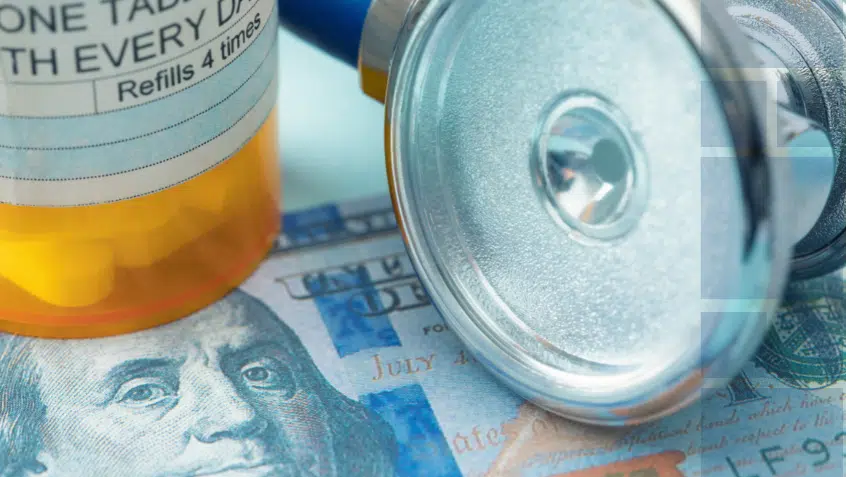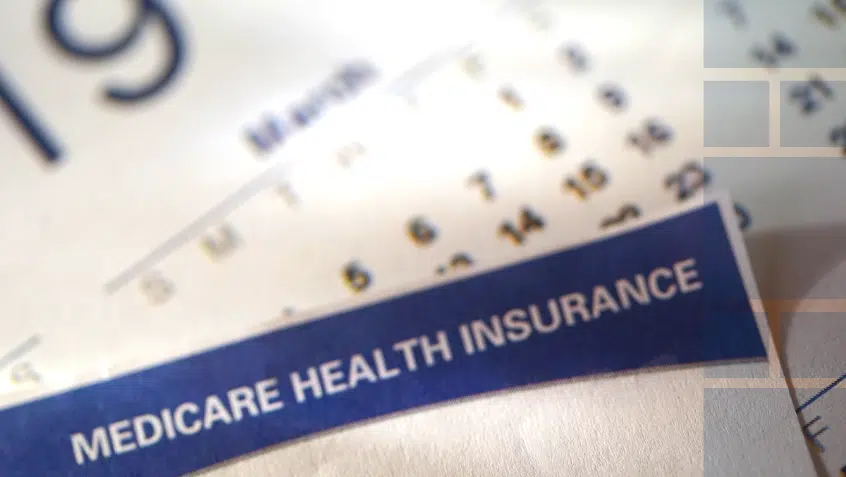Join Us Live for a Discussion on Medicare, Democracy, and the Future of Health Care
Further Evaluation of Potential Caps in Part D Shows Promise for Beneficiary Impact

A recently released report from the Urban Institute shows that a firm limit on out-of-pocket (OOP) Part D costs, like the $2,000 cap included in the Build Back Better budget reconciliation bill, would have created significant savings for Medicare beneficiaries had it been in place in 2019. Using claims data, the report’s authors found that about 866,000 beneficiaries would have benefitted from such a cap, saving an average of $900 each for the year. They excluded beneficiaries who would have been eligible for prescription drug subsidies through the Part D Low Income Subsidy (LIS), also known as Extra Help, which limits OOP drug costs for people with very limited incomes and savings.
The report puts the potential savings into important context in two ways. First, a cap would significantly reduce costs faced by Medicare beneficiaries with high needs. The report found that the average total OOP expenditures for people who would have benefitted from a $2,000 cap was over $7,000 for Medicare-covered services. For many middle- and lower-income individuals who do not qualify for subsidies, however, the estimated $900 savings would likely be welcome, but would still leave them with unaffordable expenses. This report re-emphasizes that the problem of high health care and drug costs will not be solved with one reform.
Second, the report evaluates the increase in costs to the Medicare program that would have resulted if the Build Back Better cap was in place in 2019 and determined that it would have raised Medicare Part D expenditures by a minimal amount—less than 1% of total Part D spending in that year. They conclude that “[s]ince it is likely that enrollees who incur high out-of-pocket drug spending in a given year will likely incur similar or greater expenses in subsequent years, a Part D spending cap would help protect individuals and their families from high drug payments year after year, without substantially raising the program’s costs.”
At Medicare Rights, we strongly support adding an OOP cap to the Part D program, as well as capping out-of-pocket expenses for those enrolled in traditional Medicare. To address the underlying problem of high and rising costs, we also continue to support other reforms aimed at lowering both the list price and what people pay for drugs, such as Medicare negotiation, inflationary caps on price hikes, and limits on the cost of insulin.
Show Comments
We welcome thoughtful, respectful discussion on our website. To maintain a safe and constructive environment, comments that include profanity or violent, threatening language will be hidden. We may ban commentors who repeatedly cross these guidelines.
Help Us Protect & Strengthen Medicare
Donate today and make a lasting impact
More than 67 million people rely on Medicare—but many still face barriers to the care they need. With your support, we provide free, unbiased help to people navigating Medicare and work across the country with federal and state advocates to protect Medicare’s future and address the needs of those it serves.
The Latest
Most Read
Add Medicare to Your Inbox
Sign up to receive Medicare news, policy developments, and other useful updates from the Medicare Rights.
View this profile on InstagramMedicare Rights Center (@medicarerights) • Instagram photos and videos









